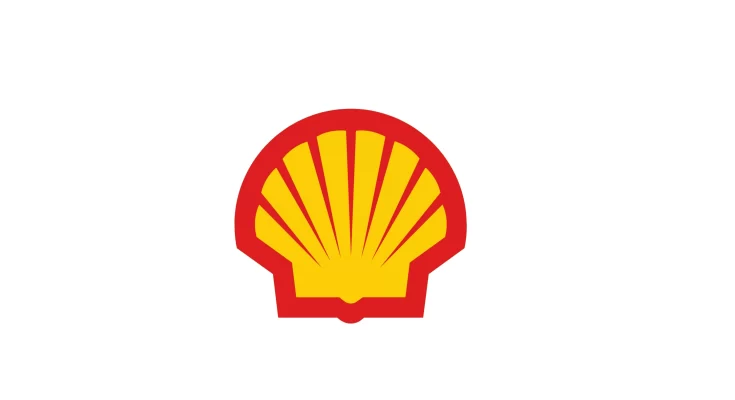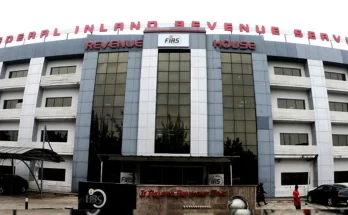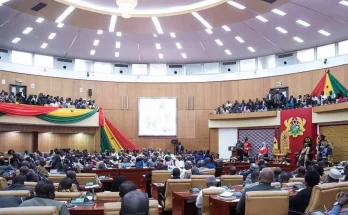Nigeria Tops Shell’s Global Government Payment Chart . Despite a changing energy landscape and ongoing divestments, Nigeria remains Shell PLC’s largest recipient of government payments among all countries where the energy multinational has upstream operations.
According to Shell’s most recent disclosure, the company paid a total of $28.1 billion to governments across 24 countries in 2024, with Nigeria receiving the highest share , $5.34 billion in combined payments.
Shell categorizes these payments as those related to upstream activities, including the exploration, development, and extraction of oil and gas. Payments connected to refining or downstream operations are excluded, as are contributions from jointly controlled entities. Only payments meeting the UK’s materiality threshold of GBP 86,000 (approximately $114,500) are reported.
Breakdown of Shell’s Tax and Royalty Contributions in Nigeria
Of the total amount remitted to Nigeria, $3.8 billion was in production entitlements, Shell reported. This was followed by $648.73 million in taxes and another $780.23 million in royalties. These figures further entrench Nigeria’s position as a significant fiscal beneficiary of Shell’s global oil and gas portfolio.
In a separate global overview, Shell stated that it paid $18.2 billion in taxes to governments worldwide in 2024. This figure included $12.5 billion in corporate income taxes (of which $0.5 billion were withholding taxes) and $5.7 billion in royalties.
Shell also disbursed $11.39 billion globally as production entitlements, making it the largest single category of payments. Taxes followed closely at $10.46 billion, with royalties at $4.32 billion, fees at $1.91 billion, and bonuses and infrastructure improvements accounting for $12.98 million and $1.13 million respectively.
Ghana Proposes Major Tax Reforms, Scraps Betting and E-Levy in New Fiscal Strategy
Nigeria Tops Shell’s Global Government Payment Chart : Major Restructuring in Nigeria
Shell’s financial commitment to Nigeria in 2024 came amid significant structural changes in its Nigerian operations.
Earlier in the year, Shell finalized the sale of its onshore subsidiary, Shell Petroleum Development Company of Nigeria Ltd. (SPDC), to Renaissance Africa Energy Holdings for $1.3 billion. The deal transferred a 30% operating stake in the SPDC Joint Venture (JV) to the Nigerian consortium.
This JV holds 15 onshore and 3 shallow-water oil mining leases (OMLs), areas historically affected by oil spills and sabotage, much of which Shell attributes to theft and vandalism.
Shell stated that the divestment is in line with its strategy to simplify its Nigerian portfolio, exiting onshore oil operations in the Niger Delta and focusing future investments on deepwater and integrated gas assets.
Nigeria Still a Key Investment Hub for Shell
Despite the sale, Shell’s relationship with Nigeria appears far from over. The company had previously pledged to invest $6 billion in the country, with a significant portion earmarked for the expansion of the Bonga oilfield, one of Nigeria’s deepwater assets.
This commitment was reaffirmed in a public statement by President Bola Tinubu in late 2023, who welcomed Shell’s continued interest in supporting Nigeria’s energy sector transformation.
Nigeria vs Other Recipients
After Nigeria, Oman ranked second in Shell’s government payment chart, receiving $4.59 billion, comprising mostly taxes, with no royalties recorded.
Brazil came third, receiving $3.7 billion, including $327.69 million in production entitlements, $656.74 million in taxes, and $1.15 billion in royalties.
Tax Implications and Policy Observations
Tax experts observing Shell’s disclosure note that Nigeria’s high receipts signal the country’s continued relevance in the global upstream tax ecosystem.
However, the reliance on extractive industry revenues also underscores the importance of tax policy stability, transparency in revenue utilization, and environmental accountability.
With Shell’s focus shifting toward cleaner and more integrated gas operations, Nigeria’s fiscal authorities may need to revisit incentive structures, contract terms, and tax compliance frameworks to remain competitive in attracting future energy investments.




